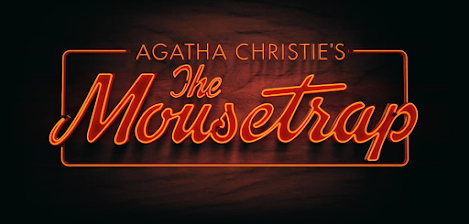Sonia Anfiloff,
soprano
Alan Hicks, piano
Art Song Canberra
Wesley Music Centre,
Forrest 21 May
Reviewed by Len Power
You can’t say that Art Song Canberra’s “Women Who Move The Heart” was going to be an easy concert for Sonia Anfiloff, soprano, and Alan Hicks, piano.
Focussing on two female poets, Emily Dickinson and Mathilde Wesendonck, and on a female composer, Amy Beach, they chose the formidable song cycle of 12 Dickinson poems by composer, Aaron Copeland, and the equally difficult 5 Wesendonck Lieder by Richard Wagner as well as songs composed by Beach.
Sonia Anfiloff moved to Vienna in 2010 after completing a Master of Music degree, majoring in voice performance, at the ANU where she was the recipient of the Kornfeld Scholarship.
 |
| Sonia Anfiloff |
After a busy European career, she returned to Canberra in 2019 where she is now Head of Choirs at Canberra Girls Grammar School and lecturer in voice at the ANU School of Music.
Alan Hicks is one of Australia's foremost vocal coaches and accompanists. He currently works in Vocal and Opera Studies at the University of Sydney Conservatorium of Music as coach, accompanist and tutor in diction.
 |
| Alan Hicks (piano) and Sonia Alfiloff (soprano) |
Beginning with Copland’s Emily Dickinson song cycle, Anfiloff displayed fine control in her tender singing of “Nature, the gentlest mother” and then the power in her voice easily handled the dramatic second song, “There came a wind like a bugle”. The rest of the cycle was performed with great vocal skill as well as showing her deep understanding of Dickinson’s words.
The highlight of the cycle was “I left a funeral in my brain”. Anfiloff gave this reflective work a haunting, even nightmarish, interpretation. Alan Hicks’ accompaniment for this difficult work was excellent.
The four chosen songs by Amy Beach proved to be a good contrast to the Copeland songs. Anfiloff gave these melodic works a heart-felt interpretation of great sensitivity.
The challenge of Richard Wagner’s Wesendonck Lieder was next on the program. All five were sung with skill and meaning. The highlights were the first song, “The angel”, which was movingly sung and the fourth, dramatic song, “Agonies”, which gave Anfiloff the opportunity to display the considerable power and control of her voice. Alan Hicks’ playing of these works was masterful.
The encore was an unexpected and delightful lesser known George and Ira Gershwin song, “Blah, Blah, Blah”, which, in its different style, was just as well sung as the rest of this fine program.
Photos by Peter Hislop
This review was first published by Canberra CityNews digital edition on 22 May 2023.
Len Power's reviews are also broadcast on Artsound FM 92.7 in the ‘Arts Cafe’ and ‘Arts About’ programs.







.jpg)




%20Brian%20Geach.jpg)
%20Brian%20Geach.jpg)
%20Brian%20Geach.jpg)





